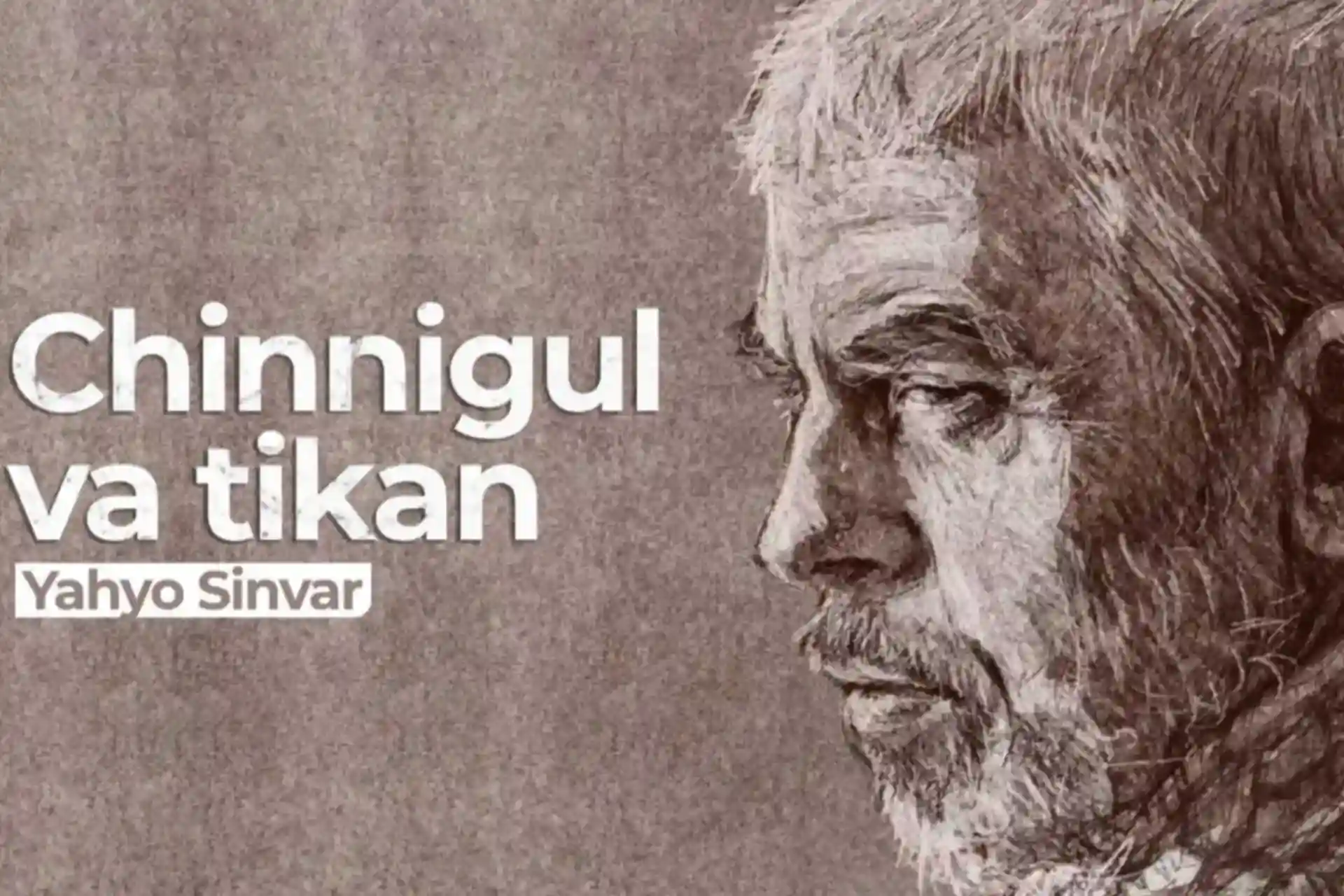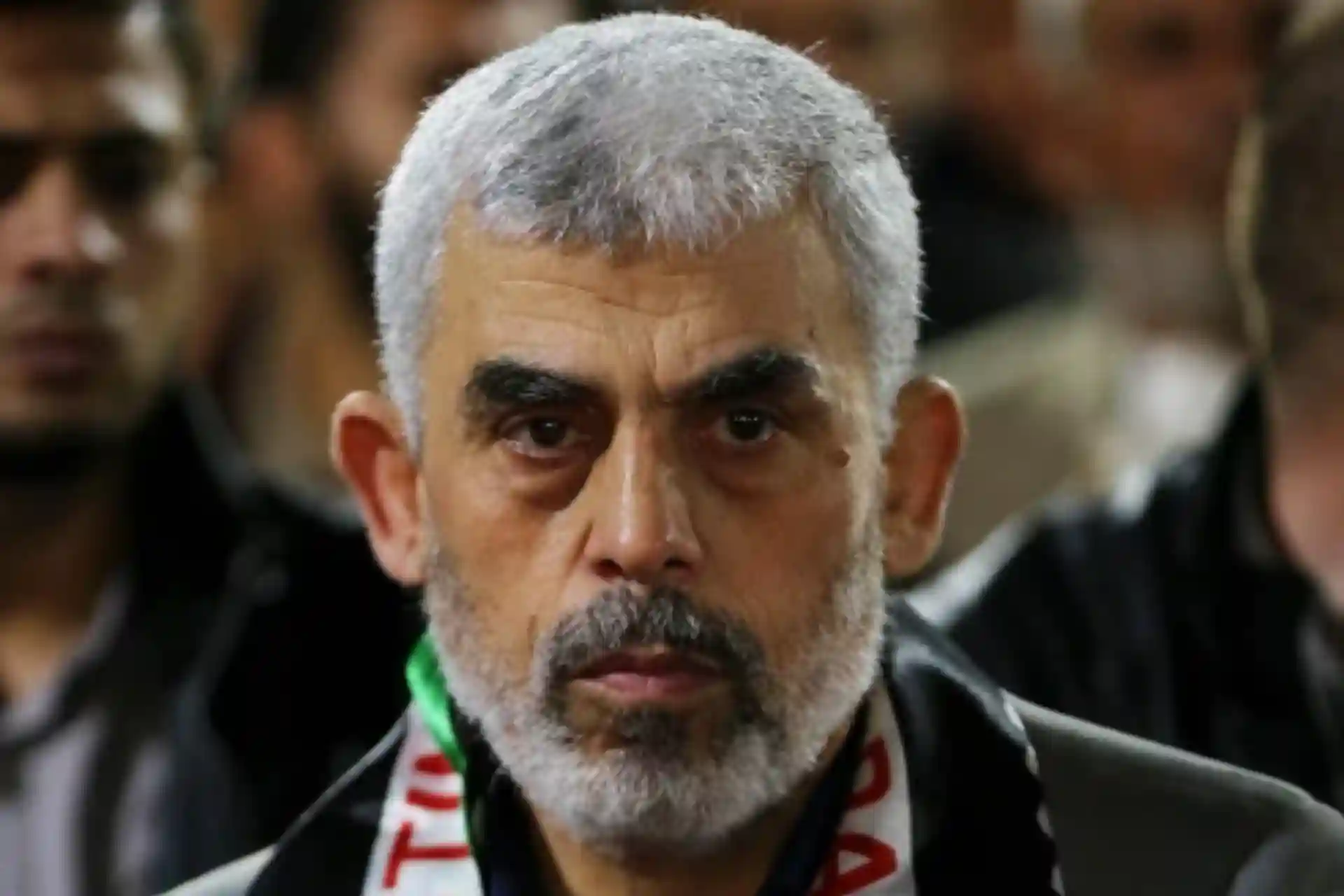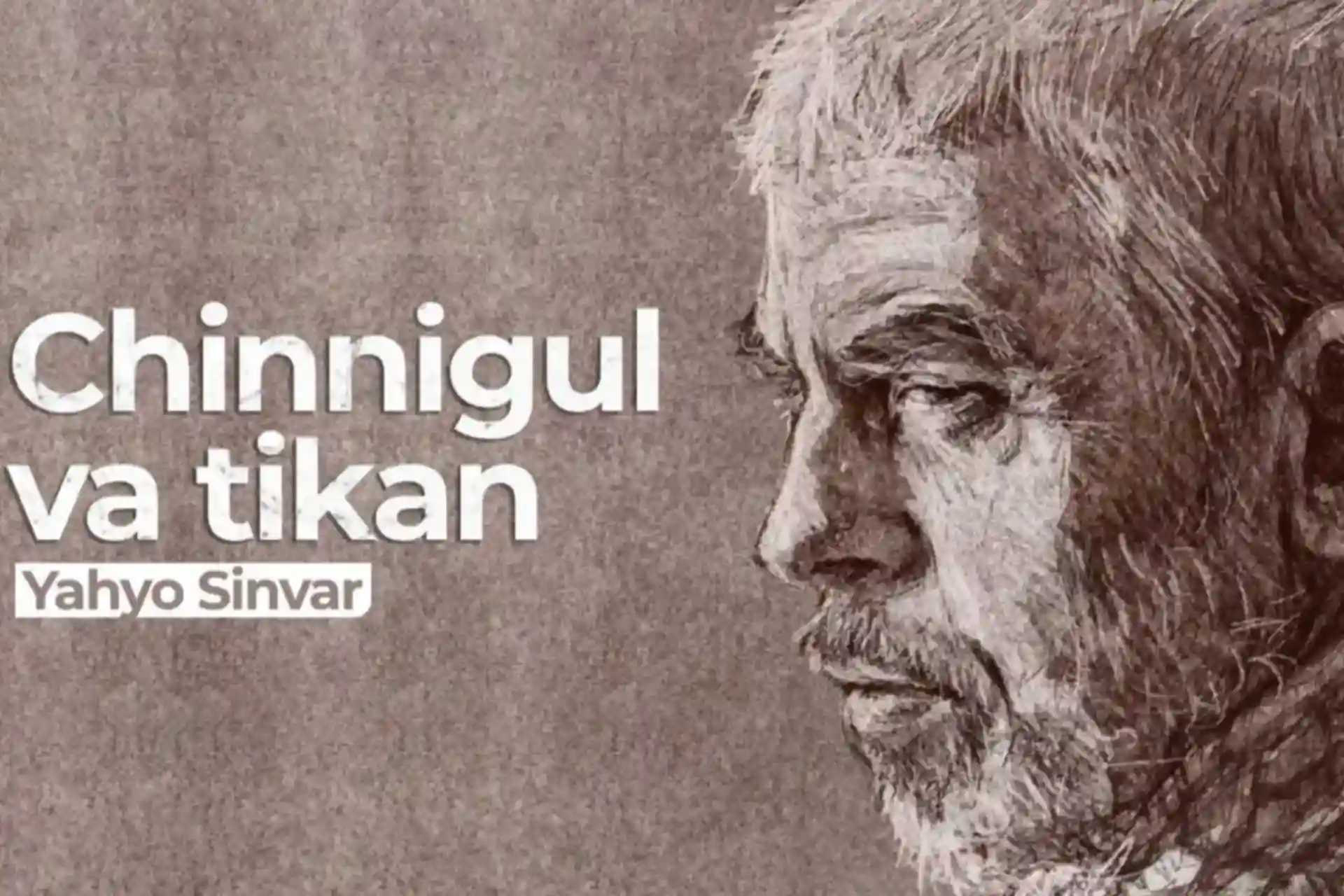"The Carnation and the Thorn" – Yahya Sinwar (story, part 16)
***
At the beginning of the street, a group of people would play cards from noon until late every day, collecting the black rice given by the charity. They would spend their time as if this game was a comfort. When the dark night knocked on their door in the middle of the day, they would collect the rice and disperse to their homes. After a while of their agitation, an announcement would start to sound that quarantine time had begun.
Despite his youth, the young man whom people called Sheikh Ahmad would greet them on his way back from prayer. This time, as he passed by the idlers, he joined their group. The people sitting there were amazed by the Sheikh's visit and put their cards aside. The Sheikh said to them:
"Guys, if you'll excuse me, I'd like to talk to you about something," he said. They said:
"Thank you, thank you, you have our ears," they replied. But some of them, due to their intense excitement, felt their throats twitch as they swallowed.
The Sheikh began by citing verses and hadiths about the consequences of wasting time on useless things. Then, he touched on issues that promote obedience and worship, reminding people of the blessings that Allah Almighty has bestowed on His servants. He also introduced verses that warn against the torment of the Hereafter. While addressing them, the Sheikh spoke politely, wisely, and graciously. He gave a speech, saying that in the future, the flag of Islam should be raised in Palestine, that this holy land is the place of Isra and Miraj. The audience listened attentively, nodded their heads, and approved of the Sheikh's words. The fact is that they were listening to many of the things that Sheikh Ahmed was saying for the first time. Because the topic of patriotism and religion was intertwined. Because recently, when it comes to religion, it has become a person who has nothing to do with the events around him and has abandoned the world. The concept was that one could either be a preacher who did not interfere in anything, or a selfless person who fought for the homeland and had nothing to do with religion. Sheikh Ahmed's talk, which embodied both of these directions, had a positive impact on them.
One of the young men asked the Sheikh what they should do now. With a slight smile on Sheikh Ahmad's face, he told them to first take a bath, then perform ablution every time the call to prayer was given, and then go to the mosque. The young men nodded in agreement. Sheikh Ahmad shook hands with each of them and said goodbye. The young men gathered up their cards and, putting aside their rice, dispersed to their homes.
To be continued...



